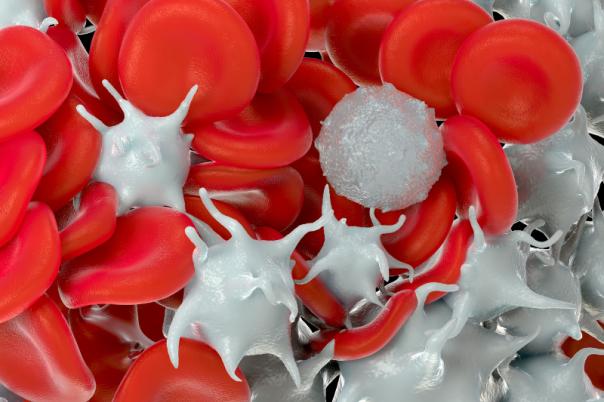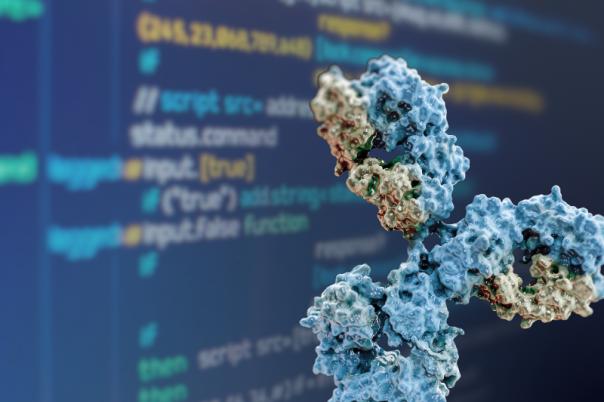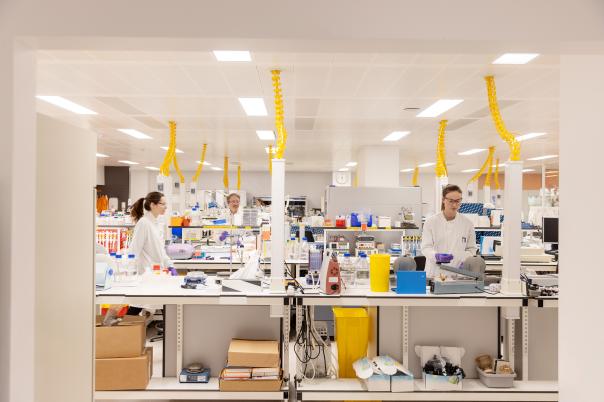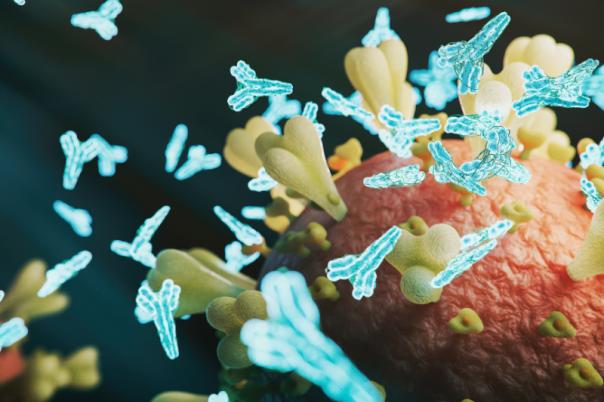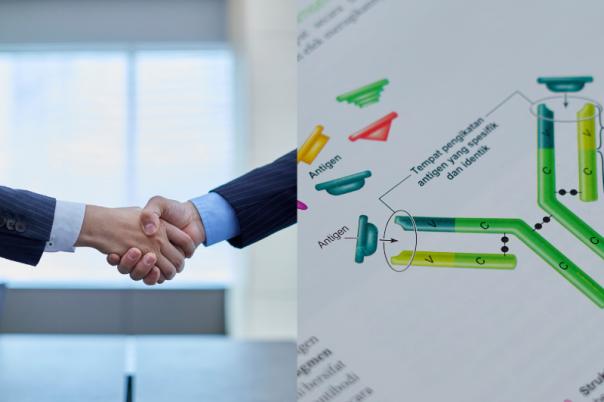The Antibody Society sits in a unique position for the antibody therapeutic industry. As an international non-profit trade organisation, the Society aims to determine trends, clinical success rates, and innovation in antibody therapeutic development by collecting data from public and trusted sources. They strive to keep their figure on the pulse of the broader antibody landscape.
Silvia Crescioli is an Independent Consultant at the Antibody Society, and her presentation outlines the antibodies to watch in 2024 in terms of key clinical development metrics. She notes that there has been a steady increase in first-in-human studies and first approvals of antibody therapeutics, particularly for cancer indications, since 2010.
A critical part of the Society’s mission is to analyse the success rates of antibody therapeutics. They analysed clinical phase transitions and approval success rates, finding that more recent antibody developments have higher success rates. Furthermore, success rates for non-cancer indications vary by therapeutic area, with cardiovascular and haemostasis diseases having the highest success rate at 42%.
Antibodies for cancer indications have shown increased success rates in recent years, particularly for well-validated targets like CD20, HER2, PD-1, and PD-L1. The mechanism of action is also important here: Checkpoint inhibitors have significantly higher success rates compared to other mechanisms of action, with a success rate of 69% versus 10%.
Crescioli then outlines how clinical development phase lengths vary, with non-cancer indications averaging nine years and cancer indications averaging eight years.
By March 2024, crovalimab was approved in China, and 32 antibodies were in regulatory review, with several expected to transition to review within the year. Among the antibodies in regulatory review, five are under review in the US and EU, one in the US, EU, and the rest of the world, and nine in China.
Finally, the presentation concluded with the fact that antibody therapeutics are increasingly successful, with higher success rates for recent developments and significant efforts in innovation and R&D in the biopharmaceutical industry. The Antibody Society will continue to monitor the industry and determine trends and methodologies for success.


